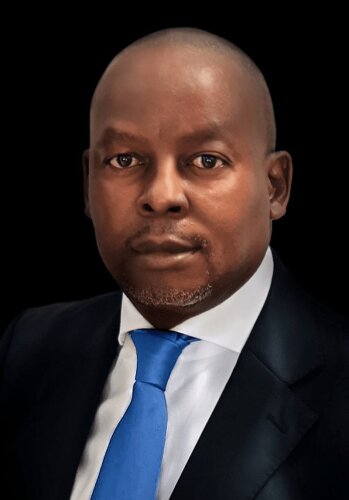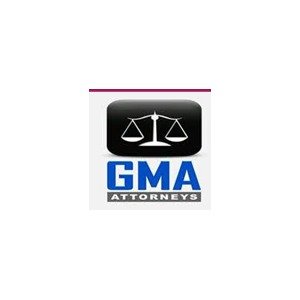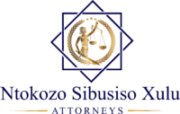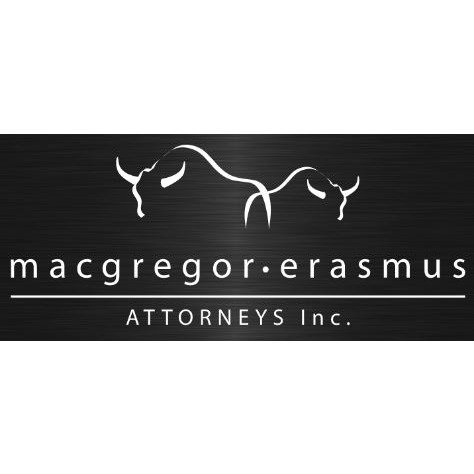Best Renewable & Alternative Energy Lawyers in Durban
Share your needs with us, get contacted by law firms.
Free. Takes 2 min.
List of the best lawyers in Durban, South Africa
About Renewable & Alternative Energy Law in Durban, South Africa
Renewable and alternative energy law in Durban is an evolving legal field that covers the regulation, promotion, and use of energy sources such as solar, wind, hydro, and biomass. As Durban transitions toward cleaner energy and seeks to mitigate the impacts of climate change, the legal landscape is adapting to facilitate investment and ensure sustainable practices. Legal issues may range from licensing and compliance to electricity generation, distribution, and the integration of renewable energy into the existing grid system.
Why You May Need a Lawyer
There are several scenarios where you may need legal advice in the renewable and alternative energy sector in Durban. These include the following:
- Navigating the regulatory process for obtaining permits or licenses to build or operate a renewable energy installation
- Drafting and negotiating contracts for the sale or lease of land for energy projects
- Understanding compliance obligations for renewable energy projects under local and national laws
- Resolving disputes with municipalities, suppliers, or partners regarding power purchase agreements or contractual relationships
- Advising on investment structures, tax incentives, and financing arrangements for renewable energy projects
- Protecting intellectual property related to innovative renewable energy technologies
- Advising community groups or individuals on their rights with respect to municipal renewable energy projects or private developments
- Challenging or defending against environmental impact assessments or planning decisions
Local Laws Overview
Key laws and regulations impacting renewable and alternative energy in Durban stem from both national and municipal frameworks. At the national level, the Electricity Regulation Act, Renewable Energy Independent Power Producer Procurement Programme (REIPPPP), and the National Energy Regulator of South Africa (NERSA) guidelines are particularly important. Locally, the eThekwini Municipality, which governs Durban, has enacted by-laws, zoning restrictions, and environmental regulations that may affect renewable energy projects.
Local legislation often addresses building requirements for rooftop solar, environmental standards for wind farms, and procedures for grid connection. Durban’s Integrated Development Plans and climate change strategies also shape what projects can be developed and where. Additionally, there are service delivery agreements, power purchase agreements, and community engagement protocols that must be followed.
Frequently Asked Questions
What types of renewable energy projects are most common in Durban?
Solar photovoltaic, small-scale wind, and biomass projects are currently the most prevalent, although there is growing interest in utility-scale projects and new technologies.
What permits do I need to install a solar system on my property?
You may need municipal planning approval, zoning compliance, building inspector approval, and grid connection approval from both the municipality and Eskom if you intend to feed excess power back into the grid.
Can I sell excess electricity from my solar panels back to the grid?
This depends on local policy and utility agreements. Some areas in Durban allow for net metering or feed-in tariffs, but specific conditions and application processes apply.
Are there incentives or subsidies for renewable energy in Durban?
Incentives are mainly provided at the national level, but some local initiatives exist. These may include rebates, tax allowances, or grants for certain types of installations.
What are the environmental compliance requirements for starting a renewable energy project?
Most projects require an Environmental Impact Assessment (EIA). Projects must also comply with national and municipal environmental management laws.
How do I resolve a dispute with my renewable energy supplier?
Legal recourse may include mediation, arbitration, or litigation, depending on contract terms. A lawyer can review agreements and advise on the appropriate process.
Can community groups develop renewable energy projects?
Yes, there are models for community-owned renewable energy projects in South Africa. These require complying with company and energy laws, and may need special funding or support.
What are the risks of not complying with renewable energy regulations?
Non-compliance can result in fines, orders to halt operations, or even criminal charges in severe cases. Regular legal review and compliance checks are critical.
Who regulates renewable energy in Durban?
Responsibility is shared between the National Energy Regulator of South Africa (NERSA), the Department of Mineral Resources and Energy, local municipalities, and, in some cases, the Department of Environmental Affairs.
How do I start investing in renewable energy projects?
You should begin by researching project feasibility and compliance requirements, and engaging a lawyer to navigate regulatory approvals, contracts, and due diligence.
Additional Resources
If you are seeking more information or support, consider the following resources:
- National Energy Regulator of South Africa (NERSA) - Energy project licensing and regulation
- Department of Mineral Resources and Energy - Renewable energy policies and incentives
- eThekwini Municipality (Durban) - Local energy strategies and permits
- South African National Energy Development Institute (SANEDI) - Research and development
- South African Photovoltaic Industry Association (SAPVIA) - Industry representation and information
- GreenCape - Market intelligence and support for green economy sectors
- Environmental law practitioners and firms specializing in energy and infrastructure law
Next Steps
If you require legal advice or representation concerning renewable and alternative energy in Durban, start by identifying the specific issue you need help with, such as planning a new project, negotiating a contract, or resolving a compliance matter. Gather all relevant documents and information, then consult with a legal practitioner who specializes in energy law and understands both the national and municipal frameworks. Legal professionals can provide tailored advice, represent you in negotiations or hearings, and ensure your project complies with all legal requirements. Early engagement with legal experts can help you avoid costly mistakes and achieve success in your renewable energy endeavors.
Lawzana helps you find the best lawyers and law firms in Durban through a curated and pre-screened list of qualified legal professionals. Our platform offers rankings and detailed profiles of attorneys and law firms, allowing you to compare based on practice areas, including Renewable & Alternative Energy, experience, and client feedback.
Each profile includes a description of the firm's areas of practice, client reviews, team members and partners, year of establishment, spoken languages, office locations, contact information, social media presence, and any published articles or resources. Most firms on our platform speak English and are experienced in both local and international legal matters.
Get a quote from top-rated law firms in Durban, South Africa — quickly, securely, and without unnecessary hassle.
Disclaimer:
The information provided on this page is for general informational purposes only and does not constitute legal advice. While we strive to ensure the accuracy and relevance of the content, legal information may change over time, and interpretations of the law can vary. You should always consult with a qualified legal professional for advice specific to your situation.
We disclaim all liability for actions taken or not taken based on the content of this page. If you believe any information is incorrect or outdated, please contact us, and we will review and update it where appropriate.

















